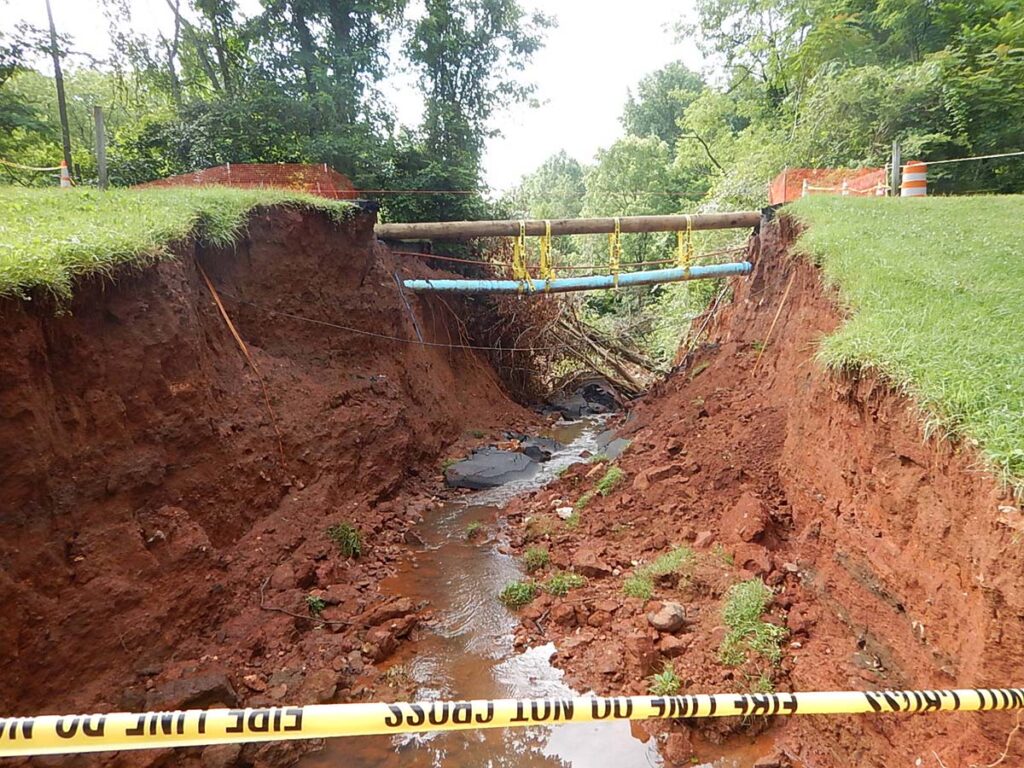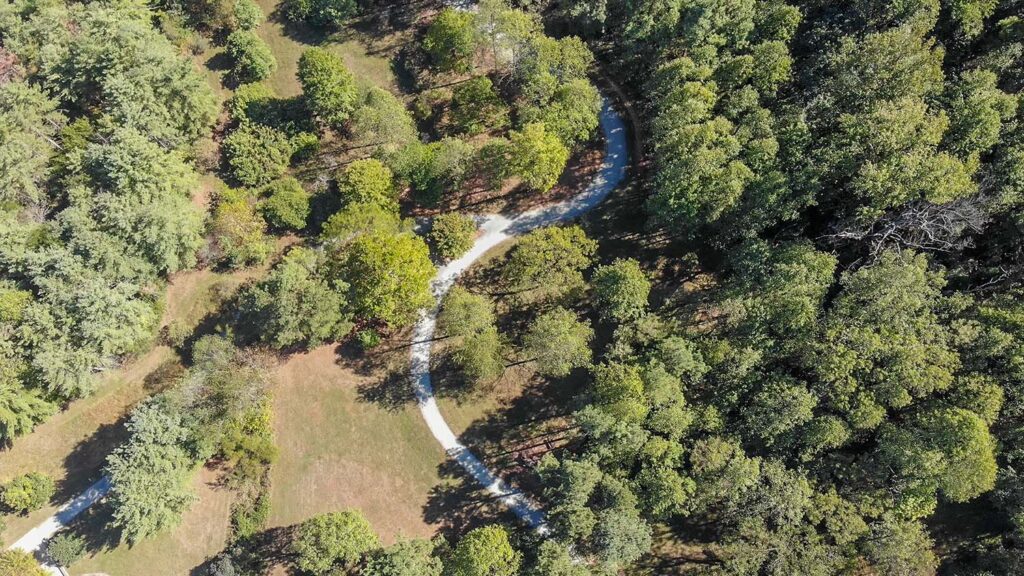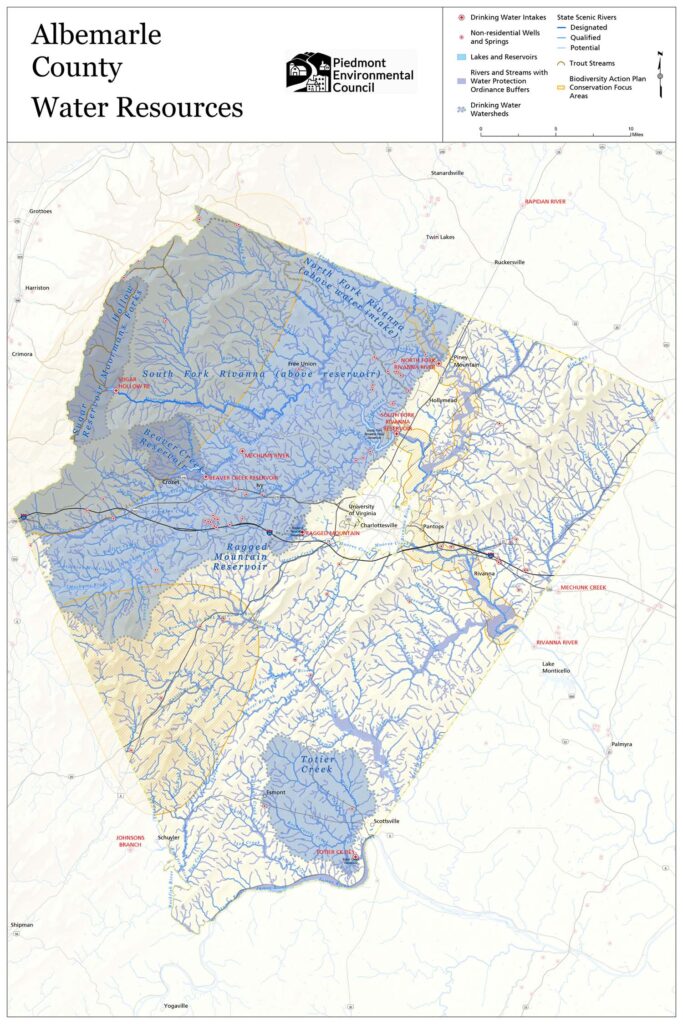This text was taken from an email sent Jan. 2, 2025. Sign up for email alerts →

Dear Supporter,
You have heard from PEC in the past about how climate change is impacting our local community. At a time when many people are looking for ways to make a difference locally, I want to share an opportunity for you to take action to enhance climate resiliency in Albemarle County.
As part of the AC44 Comprehensive Plan update, the Albemarle County Board of Supervisors will soon resume discussion on the draft Rural Area Land Use chapter. That makes now the opportune time to tell our Supervisors that we can protect natural resources, promote the rural economy, and enhance climate resiliency by strengthening Albemarle County’s land conservation programs, without placing an arbitrary limit on the amount of land that should be protected. Join us in person next Wednesday, Jan. 8 at the Board of Supervisors work session or voice your support using the button below.
Board of Supervisors Work Session:
Rural Area Land Use
Wed, Jan. 8 @ 1 p.m.
Lane Auditorium, County Office Building
401 McIntire Road

Albemarle’s land conservation programs are a critically important tool for protecting its rural landscape, comprised of working farms and forestland and important natural and cultural resources. By protecting rural lands from development, these programs simultaneously work to protect important resources, reduce sprawl, and encourage smart, compact growth within the designated Development Areas.
These programs require sustained funding to be successful, but it has instead been inconsistent and uncertain. Since the pandemic, funding and staff resources for the Acquisition of Conservation Easements (ACE) program have been redirected, resulting in an unsupported program and many missed conservation opportunities.
Land conservation benefits the public tremendously by:
- Improving climate resiliency by retaining forest and farmland that sequesters carbon and mitigates the impacts of major flood events. Land conservation is climate action and is widely recognized as a critical natural climate solution;
- Ensuring the quality and quantity of water resources for drinking, recreation, and habitat;
- Protecting public health and minimizing climate impacts from vehicle congestion and emissions associated with sprawl;
- Enhancing biodiversity conservation, by protecting natural habitat and ecological connectivity across the landscape;
- Strengthening our local economy through production of local farm and forest products and tourism that relies on maintaining scenic and historic viewsheds; and
- Reducing costs to the County by minimizing the demand for infrastructure and services in the Rural Area that already exist in the Development Areas
These public benefits also bring significant financial benefits to our community. For every $1 invested in land conservation, an additional $4 is returned to the locality in natural goods and services, according to a study by The Trust for Public Land. Flood, climate, and public health mitigation efforts save residents and the County significant expense, in addition to money saved by avoiding the costs of extending community services like water, sewer, roads, and schools deeper into the Rural Area.
In the case of flooding, land that is permanently protected, and therefore undeveloped and vegetated, is able to absorb stormwater, recharging our groundwater supplies and slowing the movement of water across the landscape. Slowing this fast-moving stormwater means avoiding the worst impacts of these intense storms to property and infrastructure, a critical service to our landscape, particularly as the frequency and intensity of storms continues to increase as a result of climate change.

Map by Watsun Randolph/PEC.
Background
For more than 50 years, since Albemarle County designated the Rural Area and Development Areas for planning purposes, the County has pursued policies that preserve open space and protect the Rural Area in order to protect water quality in the many waterways that flow down from the Blue Ridge Mountains ultimately into the County’s drinking water sources. Decades of Albemarle resident surveys demonstrate support for this practice, called a Growth Management Policy.
The location of today’s Development Areas were chosen for their connection to existing public water and sewer infrastructure — ensuring that these areas could accommodate dense growth in the future and preventing the high cost and environmental disruption of extending infrastructure into the Rural Area.
The County has had many discussions since then over where and if these boundaries should be altered and how conservation should be supported, but PEC always comes back to these costs — to public health, our local economy, and the environment. The value of healthy and protected watersheds and waterways for clean drinking water and recreational benefits, for instance, is estimated to be $1,000—$8,000 per acre per year.
But we are at a crossroads. We benefit from natural resources in Albemarle today because of the astute planning of officials, with community input, decades before. Where will we be in 2044? That’s the question AC44 seeks to answer. We can address climate change and protect our community’s wellbeing by supporting conservation and planning for a better future.
Join us in advocating for land conservation, and the Rural Area as a whole, next Wednesday, Jan. 8 at the Board of Supervisors work session at 1 p.m in the Albemarle County Office Building.
See you there,
Rob McGinnis, PLA FASLA
Senior Land Use Field Representative
Albemarle & Greene Counties
[email protected]
(434) 962-9110
